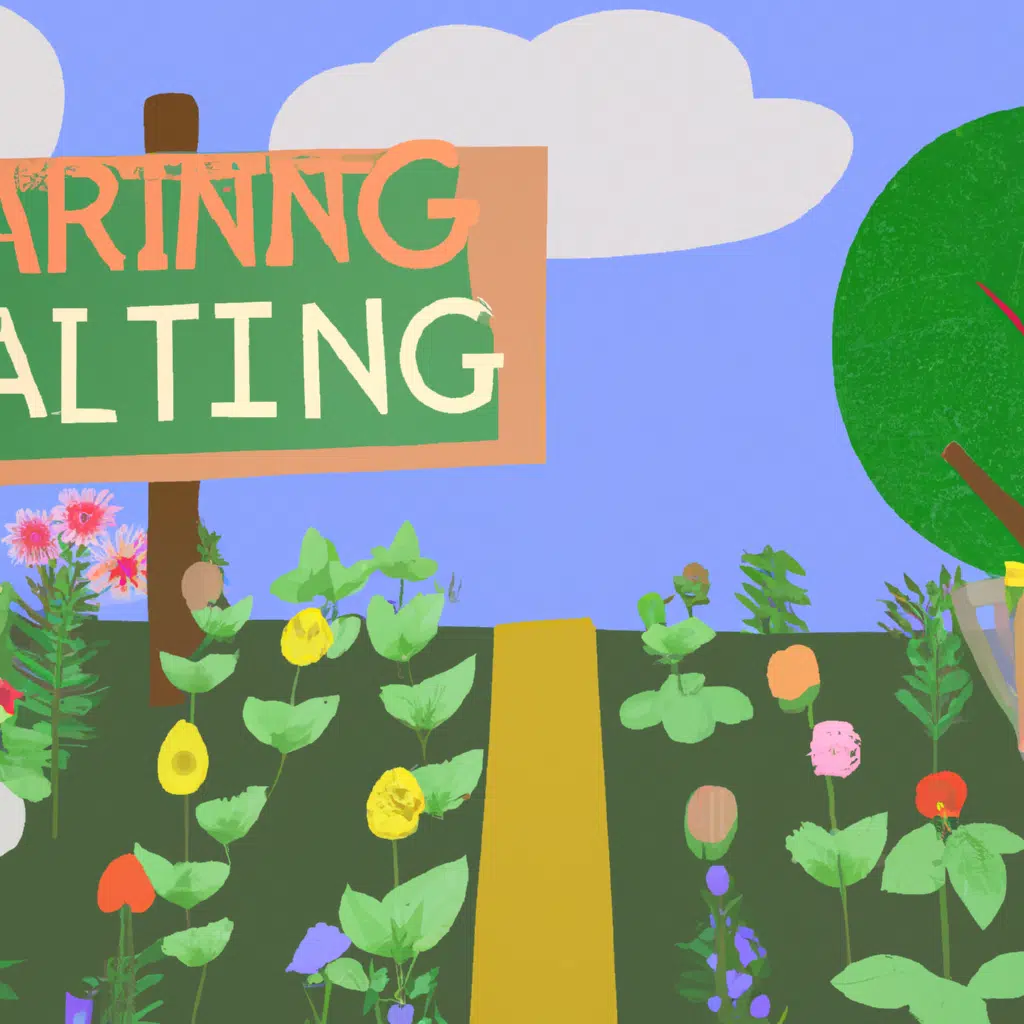
Gardening is a joyful and rewarding experience that can be enjoyed by everyone. Whether you are a seasoned gardener or a beginner, knowing when to plant and harvest your crops is crucial to a successful garden. In this article, we will discuss the best time to plant and harvest in your Kingsbury garden. We will cover the various factors that affect planting and harvesting times, such as climate, soil conditions, and plant types. By the end of this article, you will have a better understanding of when to plant and harvest in your Kingsbury garden and how to optimize your gardening experience.
Understanding Your Climate
The first step in determining the best time to plant and harvest in your Kingsbury garden is to understand your climate. Kingsbury is located in the northeastern part of the United States and has a humid continental climate. This means that Kingsbury experiences four distinct seasons, with cold winters and warm summers. The average temperature in Kingsbury during the summer months is around 75°F, while in the winter, it drops to around 25°F.
When it comes to planting, it is essential to consider the average last frost date in your area. In Kingsbury, the last frost date typically occurs around May 15th. This means that it is safe to plant tender vegetables such as tomatoes and peppers after this date. For hardier crops such as kale and lettuce, you can plant them earlier in the season, around mid-April. It is also important to consider the first frost date in your area, which in Kingsbury is around October 15th. This means that you should plan to harvest your crops before this date to avoid damage from frost.
Soil Conditions
The next factor to consider when determining the best time to plant and harvest in your Kingsbury garden is soil conditions. Soil is the foundation of any garden, and it is important to ensure that it is healthy and nutrient-rich. Before planting, it is important to test your soil to determine its pH level and nutrient content. You can purchase a soil test kit at your local garden center or contact your local cooperative extension office for assistance.
Once you have determined the pH level of your soil, you can add any necessary amendments to adjust it. For example, if your soil is too acidic, you can add lime to raise the pH level. If it is too alkaline, you can add sulfur to lower the pH level. It is also important to add organic matter to your soil to improve its texture and nutrient content. Compost, aged manure, and leaf mold are all excellent sources of organic matter.
Plant Types
The final factor to consider when determining the best time to plant and harvest in your Kingsbury garden is plant types. Different plants have different requirements when it comes to planting and harvesting times. Some crops, such as tomatoes and peppers, require a long growing season and should be started indoors several weeks before the last frost date. Other crops, such as lettuce and spinach, can be planted directly in the garden in early spring.
When it comes to harvesting, it is important to consider the maturity time of each crop. Some crops, such as radishes and green beans, can be harvested in as little as 30 days after planting. Other crops, such as tomatoes and peppers, can take up to 80 days to mature. It is important to keep track of the maturity time of each crop and plan your harvest accordingly.
Conclusion
In conclusion, understanding the best time to plant and harvest in your Kingsbury garden is essential to a successful gardening experience. By considering factors such as climate, soil conditions, and plant types, you can optimize your garden and ensure a bountiful harvest. Remember to test your soil, add organic matter, and plan your planting and harvesting times carefully. With a little bit of planning and preparation, you can enjoy a beautiful and productive garden all season long.

